1. The Release of Star Wars (1977)
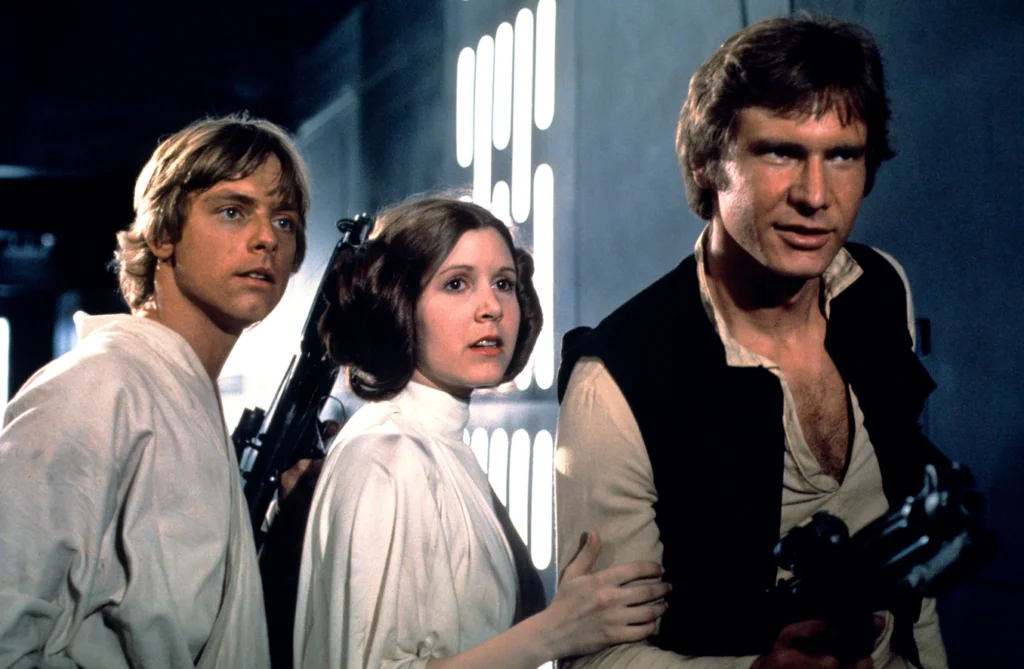
When Star Wars hit theaters in 1977, it was unlike anything the world had ever seen. George Lucas took audiences on a thrilling intergalactic adventure that was packed with groundbreaking special effects, iconic characters, and a story that would become a cornerstone of pop culture. At the time, sci-fi movies were often low-budget and niche, but Star Wars changed the game, setting new standards for blockbuster filmmaking. It was a massive gamble for Lucas and 20th Century Fox, but it paid off in a way no one could have predicted.
The film went on to dominate the box office and inspire generations of fans. What shocked people most wasn’t just the impressive visual effects, but the way it redefined the very concept of film franchises. The introduction of characters like Luke Skywalker, Princess Leia, and Darth Vader became cultural touchstones, and the legacy of Star Wars is still alive today. The film’s success made sequels, merchandise, and a whole new world of fandom an expectation for every major movie to come.
2. The Watergate Scandal and Nixon’s Resignation (1974)

In 1974, the nation watched in stunned silence as President Richard Nixon became the first sitting U.S. president to resign from office. The Watergate scandal, involving a break-in at the Democratic National Committee headquarters and the subsequent cover-up, rocked the political world. What shocked the public most was how deep the corruption went and the lengths to which Nixon and his administration were willing to go to protect themselves. The scandal was covered extensively in the media, and the tapes that emerged from Nixon’s office made it impossible to deny his involvement.
For many, Nixon’s resignation marked the loss of trust in American politics. The fact that the scandal played out on live television, with hearings that captivated the nation, brought politics into people’s homes in a way it had never been before. The Watergate scandal was a moment that forever changed the way the American public viewed their leaders and set the stage for the level of scrutiny politicians face today.
3. The Launch of MTV (1977)
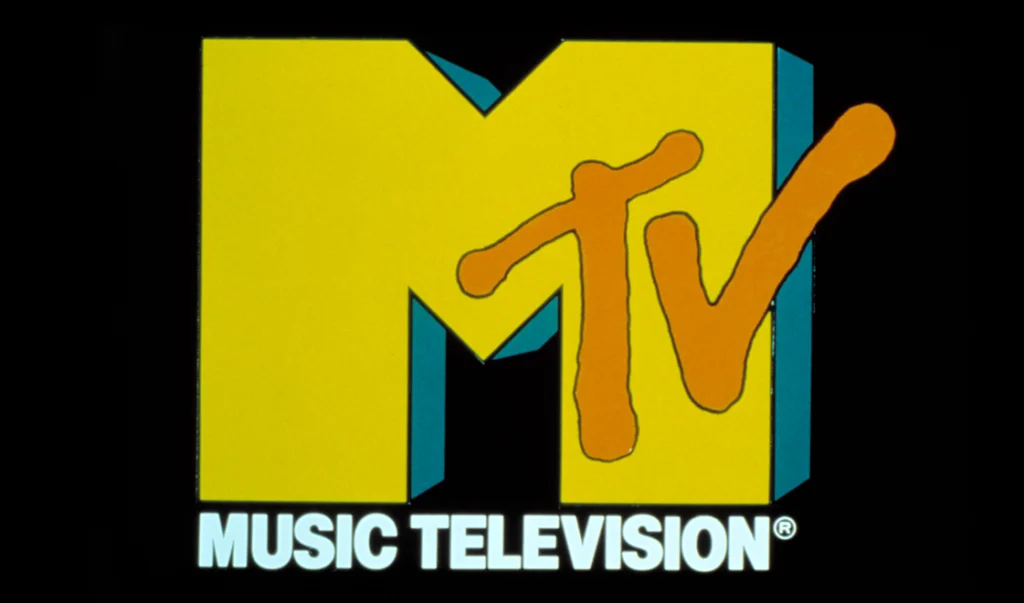
When MTV debuted in 1977, it completely transformed the music industry. The network promised to revolutionize how we consumed music by giving visuals to our favorite songs. The first music video played on the network was “Video Killed the Radio Star” by The Buggles, and it couldn’t have been more fitting. Suddenly, artists weren’t just judged on their music but on their image, fashion, and how they presented themselves visually.
What shocked audiences was how quickly the music industry changed. Bands like Duran Duran, Michael Jackson, and Madonna turned music videos into an essential part of their careers. MTV turned into a cultural phenomenon, with young viewers tuning in to see their favorite stars on TV, creating a level of visibility that was unmatched before. In many ways, MTV’s debut was the spark that ignited the visual era of music, influencing generations of artists to come.
4. The Release of Jaws (1975)
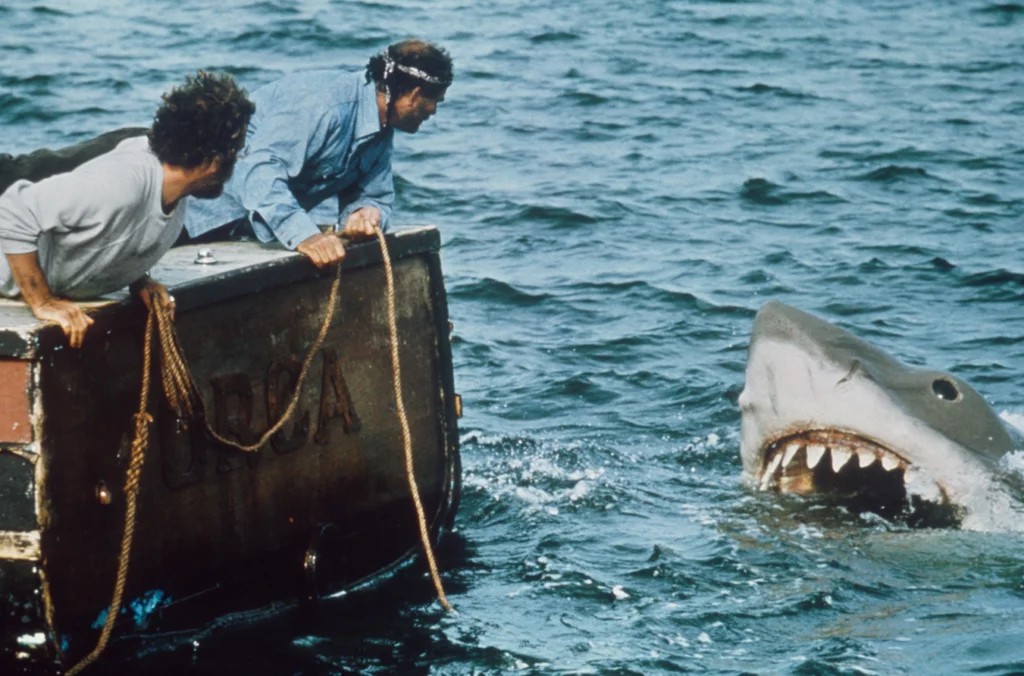
Steven Spielberg’s Jaws wasn’t just a movie; it was a terrifying cultural event that left audiences afraid to go into the water for years to come. Released in 1975, the film was the first true summer blockbuster and set the stage for a new era of movie-making. Based on Peter Benchley’s novel, Jaws told the story of a small beach town terrorized by a giant shark. The movie’s combination of suspense, fear, and an unforgettable soundtrack created a new way for audiences to experience thrillers.
At the time, no one could have predicted how Jaws would change the landscape of cinema. The film’s success gave birth to the concept of the “summer blockbuster,” and its marketing campaign was groundbreaking. With its massive box office earnings, Jaws also proved that a movie could be a cultural event in itself. The fear it instilled in moviegoers remains a part of pop culture, with Jaws often cited as one of the greatest films ever made.
5. The Death of Elvis Presley (1977)
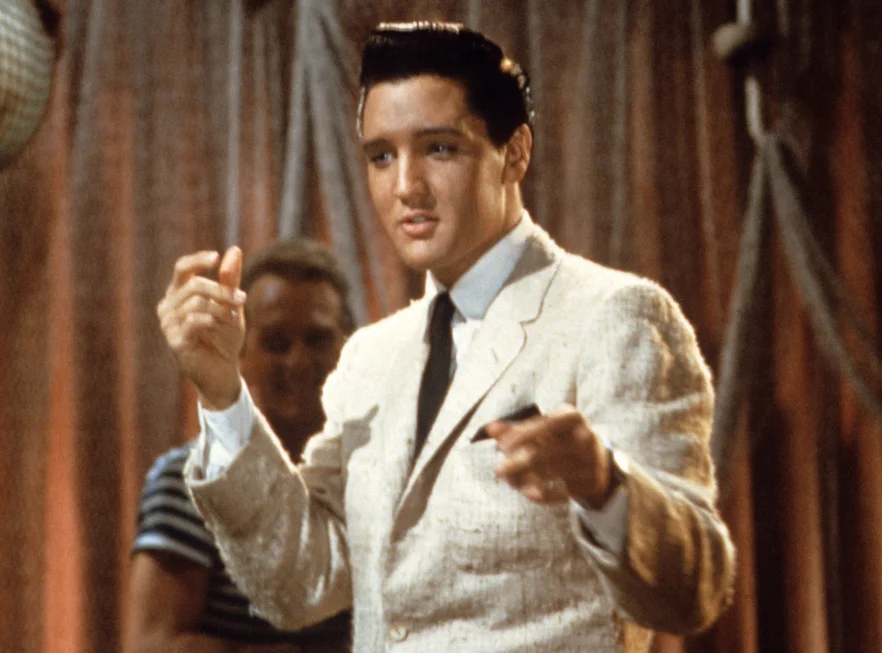
Elvis Presley, known as the King of Rock and Roll, passed away unexpectedly on August 16, 1977, and his death shocked the world. Presley’s death marked the end of an era in music, leaving fans devastated and prompting an outpouring of grief. What was particularly shocking was the fact that the King, who had been known for his larger-than-life presence, had died at the age of 42, seemingly in the midst of his career. Fans were left reeling, unable to come to terms with the loss of such a cultural icon.
The reaction to Elvis’s death was unlike any other celebrity passing before or since. His funeral was attended by thousands, and his home, Graceland, became a pilgrimage site for fans mourning the loss of their idol. Elvis had been a symbol of rebellion, rock music, and fame, and his death signaled the end of the golden age of rock. To this day, Elvis’s legacy continues to influence music and pop culture, and his passing remains one of the most shocking moments in entertainment history.
6. The Rise of Punk Rock (1976-1979)

Punk rock took the music world by storm in the late ’70s, and its impact is still felt today. It shocked audiences by rejecting the polished sound and glam of mainstream rock, instead offering raw, aggressive music and an anti-establishment message. Bands like the Sex Pistols and The Ramones embodied the punk ethos, delivering music that was fast, loud, and rebellious. Punk was more than just a genre; it was a movement that represented a shift in how people thought about music, fashion, and social norms.
The punk rock scene exploded in the mid-’70s and made headlines for its radical approach to music and culture. It was shocking to see young people openly defy the norms of the time, rejecting both the commercialism of the music industry and the conventional social structures. Punk was a bold, DIY movement that empowered people to speak their minds through music. It forever changed the music landscape and introduced a new wave of creativity and rebellion that still resonates in music and fashion today.
7. The Debut of Saturday Night Live (1975)
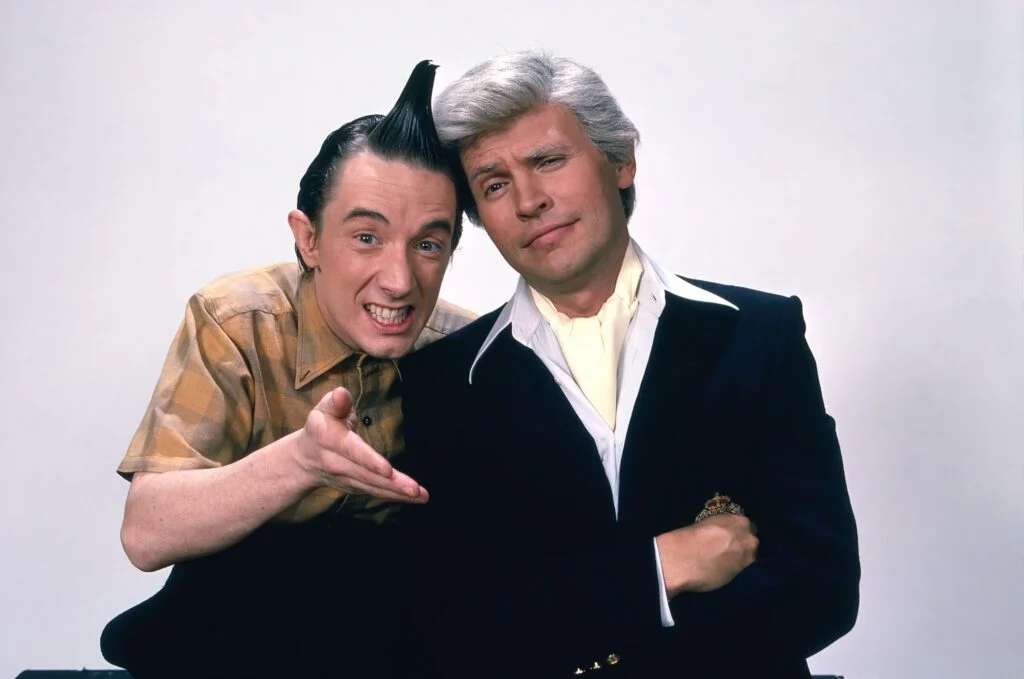
When Saturday Night Live premiered in 1975, it completely changed the way television approached comedy. The show, created by Lorne Michaels, brought a new kind of humor to the small screen—irreverent, fast-paced, and often controversial. With a cast that included John Belushi, Dan Aykroyd, and Gilda Radner, SNL quickly became a cultural institution, known for its parodies of celebrities, politics, and pop culture. What shocked audiences at the time was how raw and experimental the show felt, taking risks that had never been seen before on primetime TV.
The show’s format and unique brand of humor set it apart from anything viewers had seen before, and its impact was immediate. SNL quickly became a platform for emerging talent, making stars out of its cast members and guest hosts. The show’s ability to reflect the cultural climate, while also pushing boundaries, made it a beloved fixture of American television. Even decades later, SNL remains a pop culture staple, continuing to shock and entertain with its sharp humor and social commentary.


